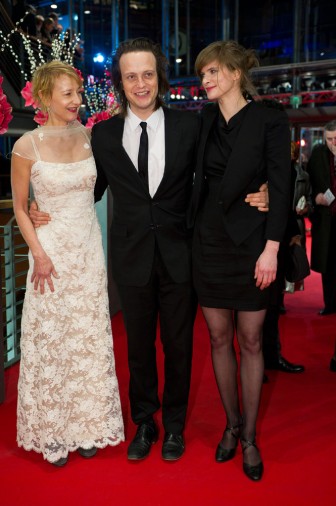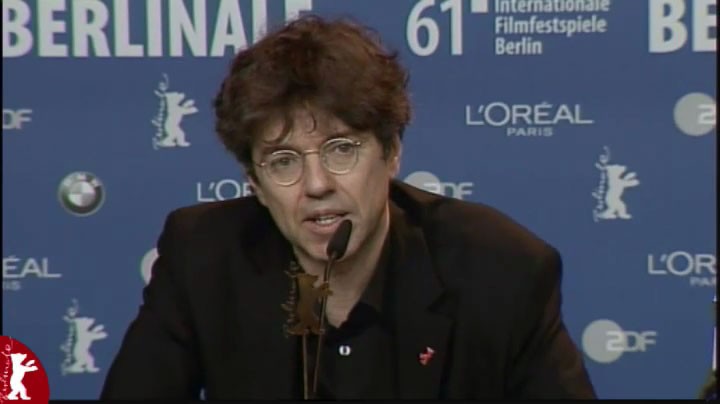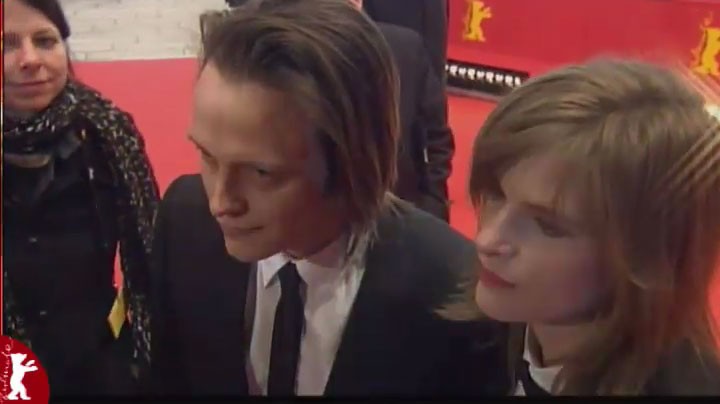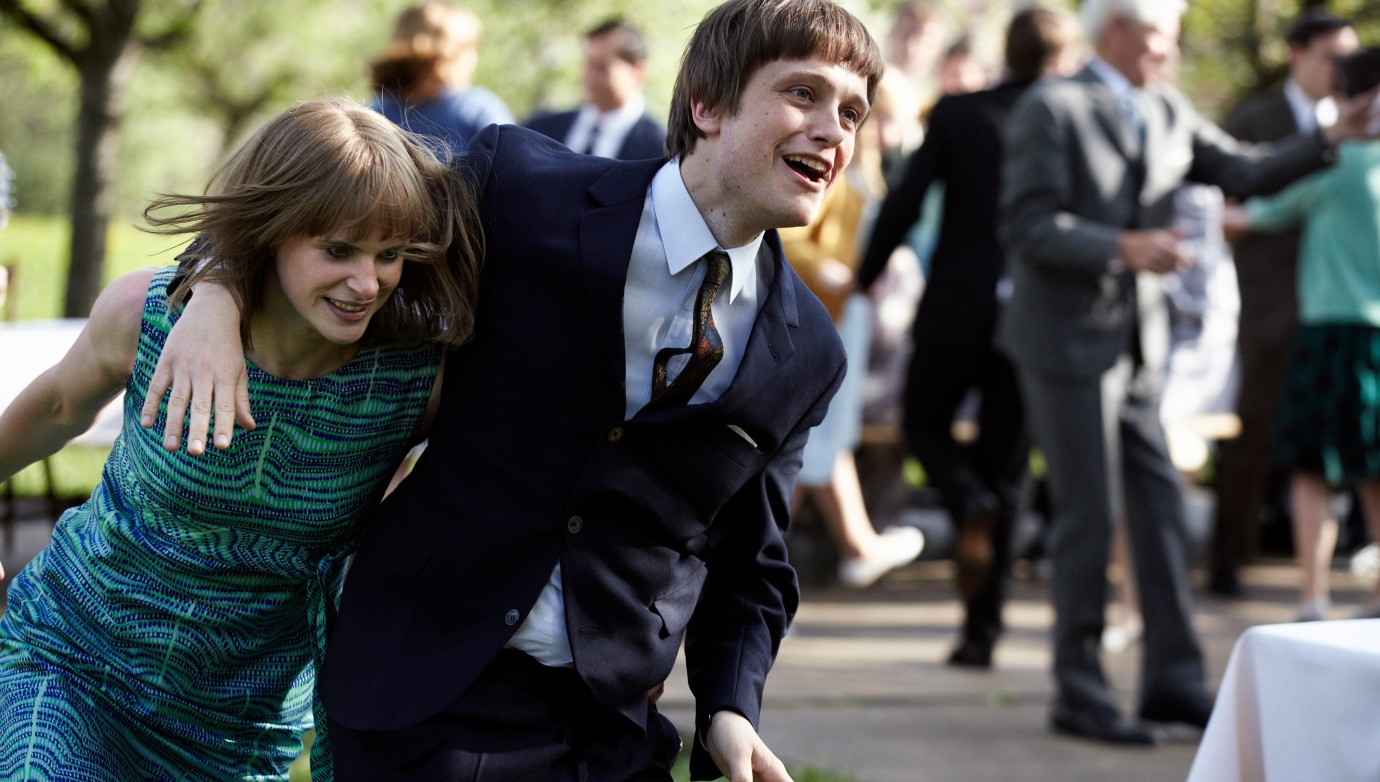
Lena Lauzemis, August Diehl
Wer wenn nicht wir | If Not Us, Who by Andres Veiel
DEU 2011, Competition
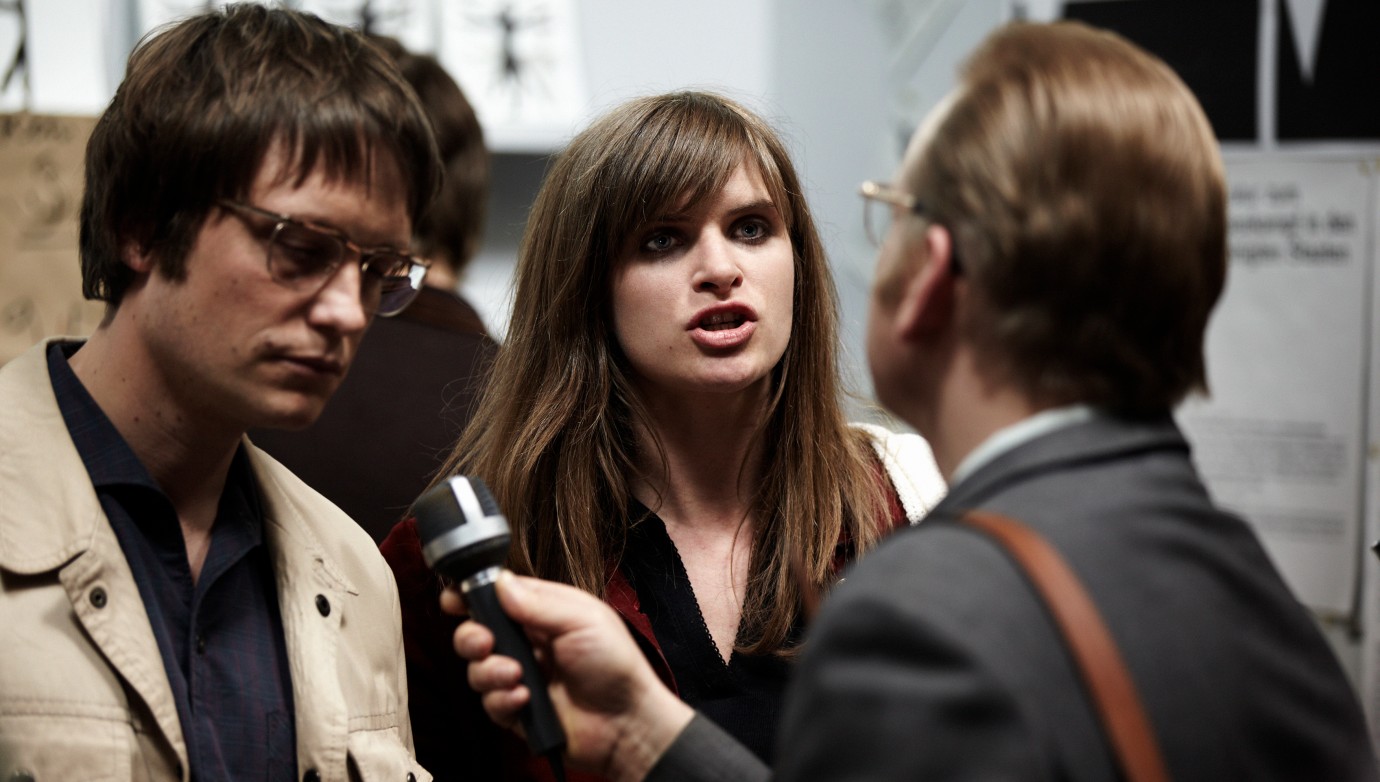
August Diehl, Lena Lauzemis
Wer wenn nicht wir | If Not Us, Who by Andres Veiel
DEU 2011, Competition
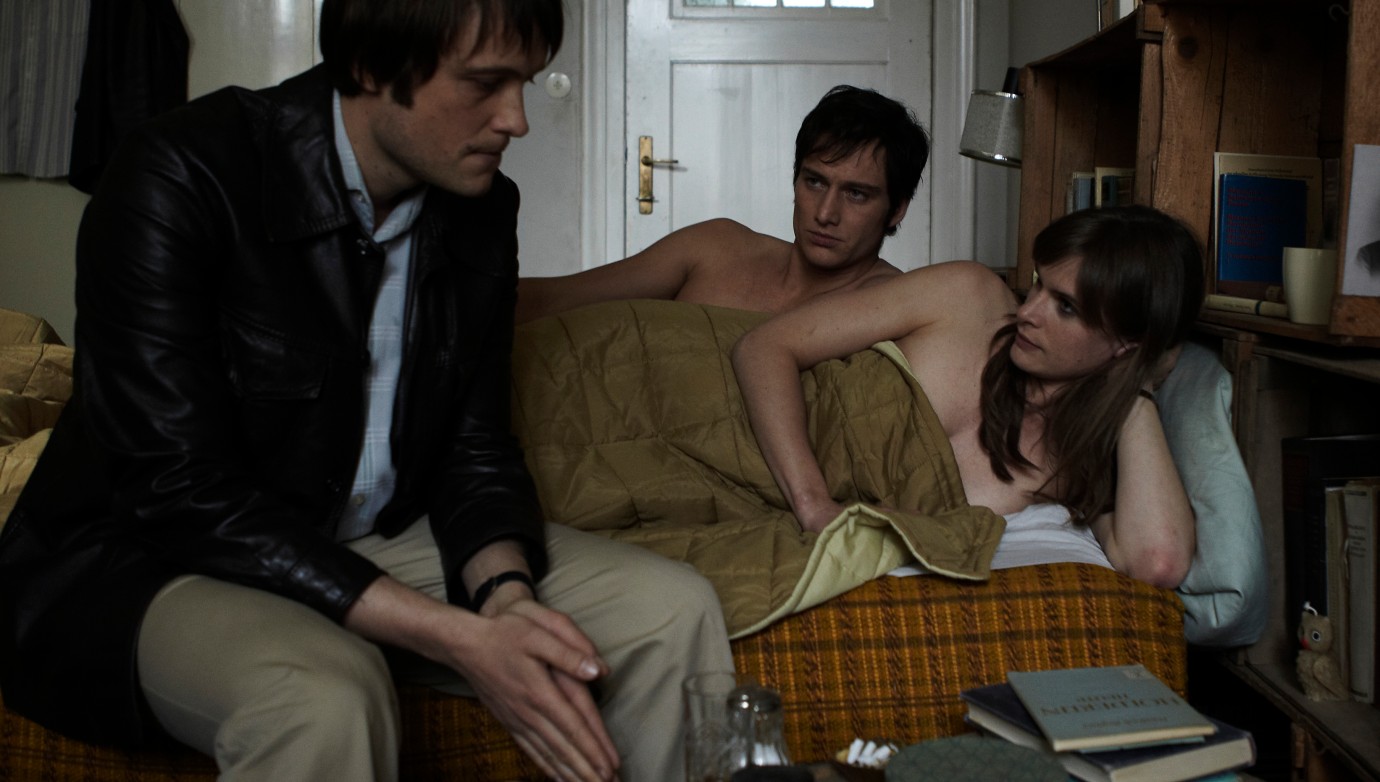
August Diehl, Alexander Fehling, Lena Lauzemis
Wer wenn nicht wir | If Not Us, Who by Andres Veiel
DEU 2011, Competition
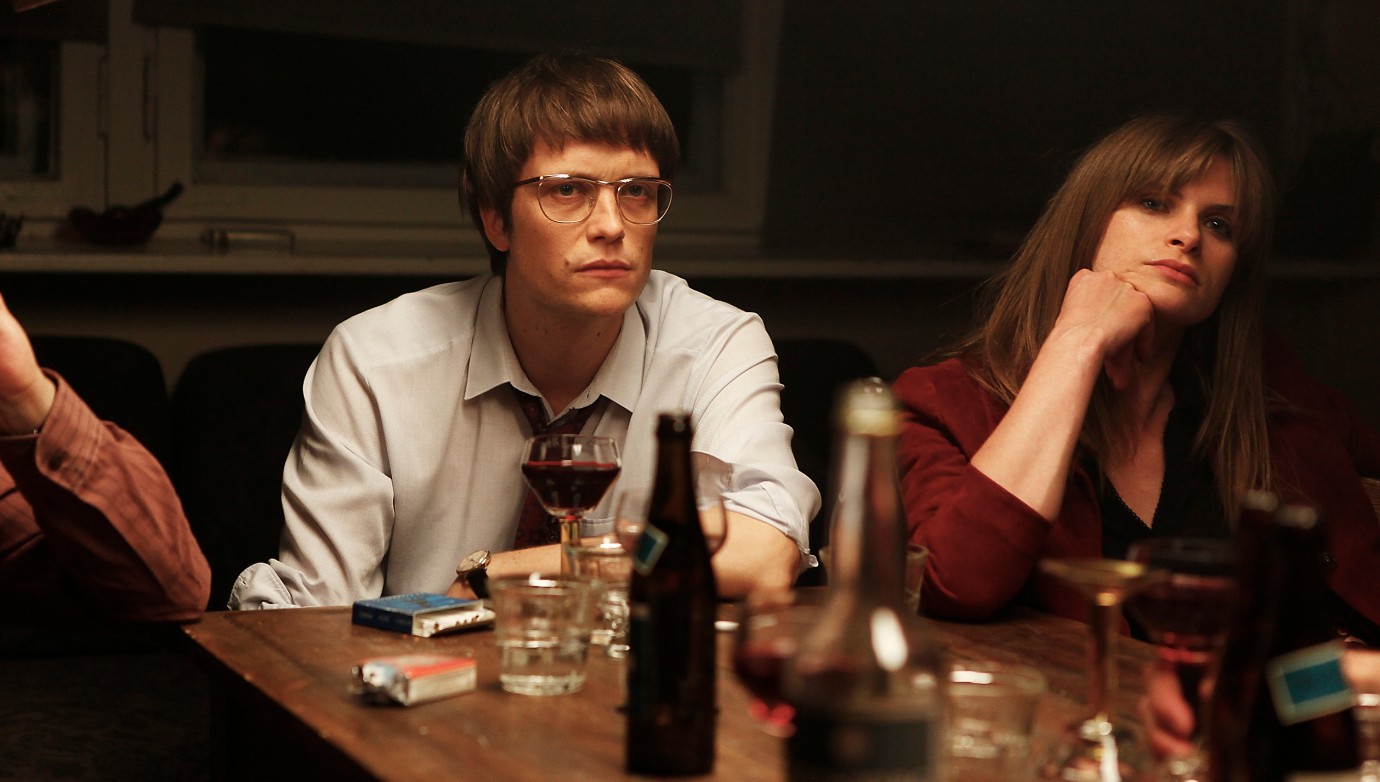
August Diehl, Lena Lauzemis
Wer wenn nicht wir | If Not Us, Who by Andres Veiel
DEU 2011, Competition
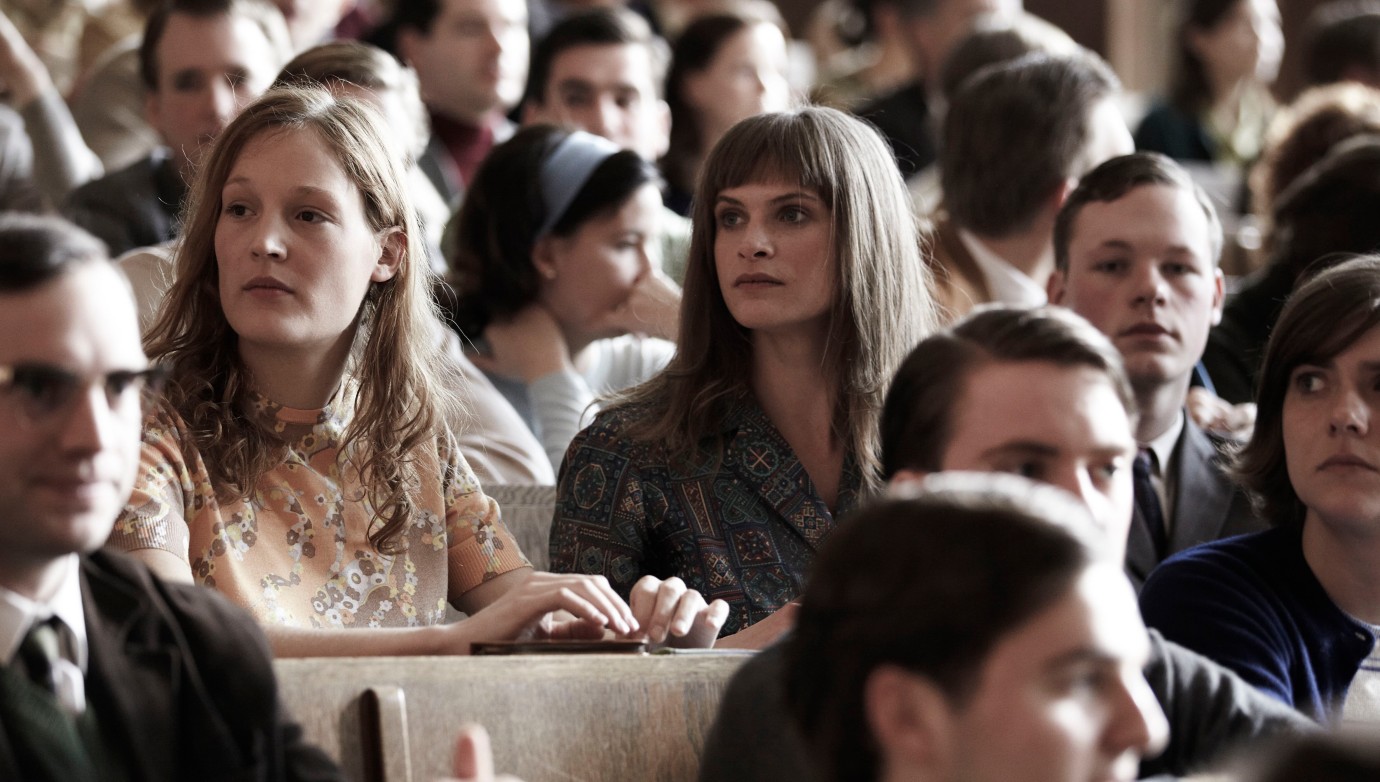
Vicky Krieps, Lena Lauzemis
Wer wenn nicht wir | If Not Us, Who by Andres Veiel
DEU 2011, Competition
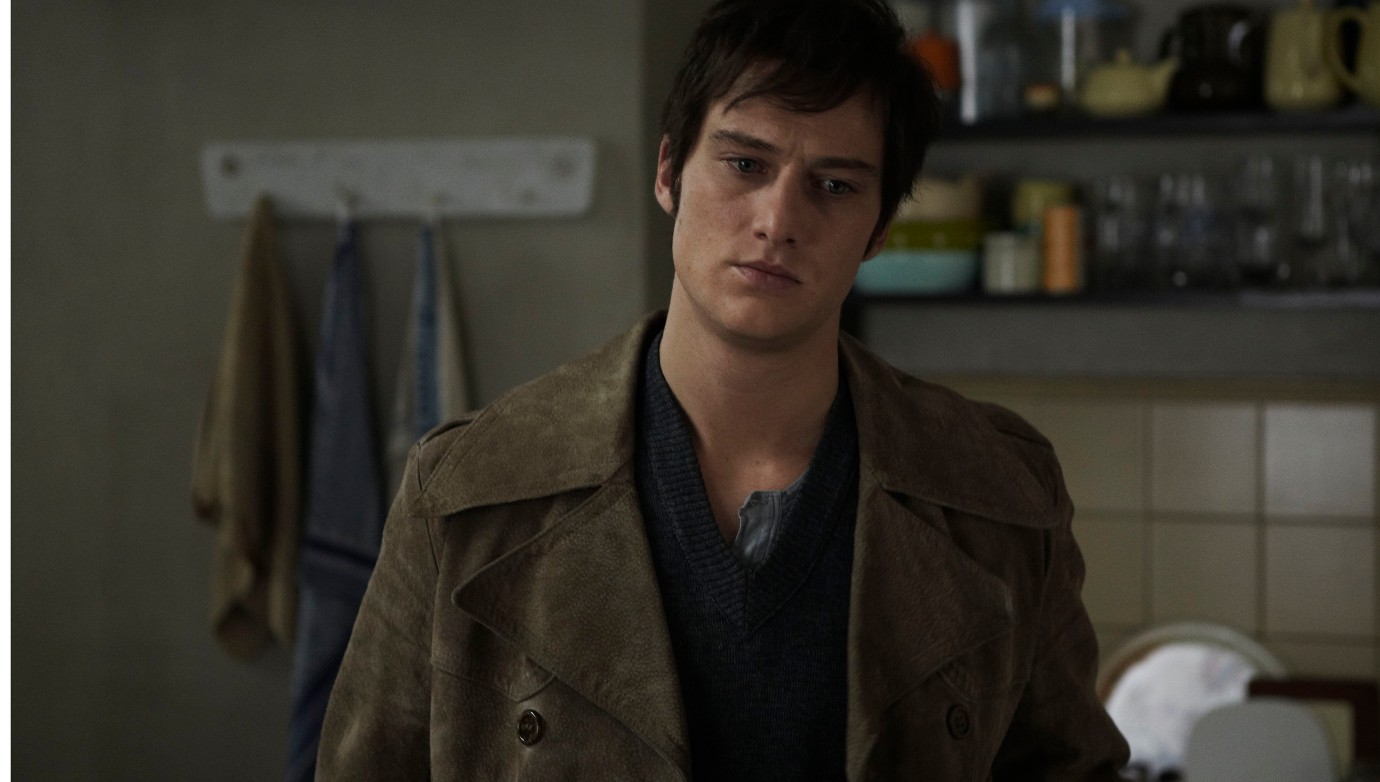
Alexander Fehling
Wer wenn nicht wir | If Not Us, Who by Andres Veiel
DEU 2011, Competition
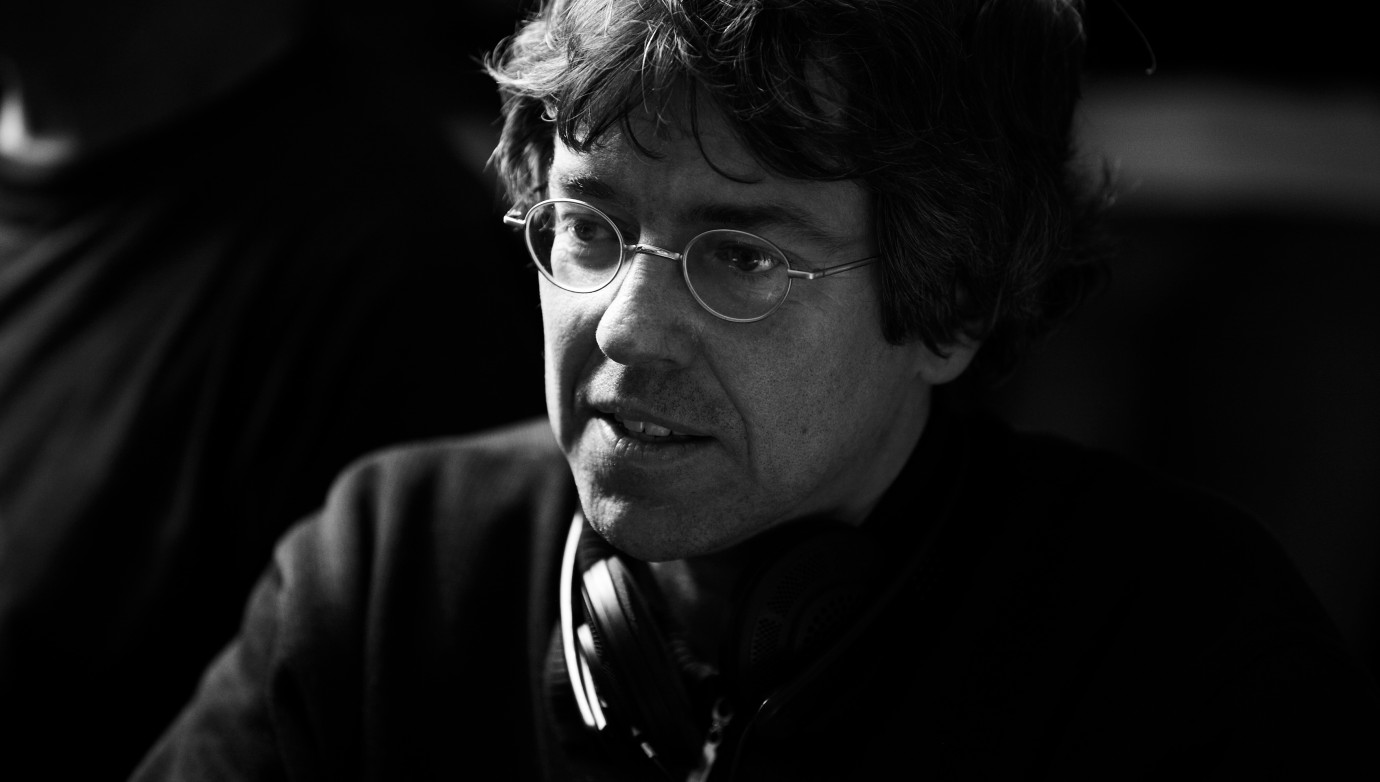
Andres Veiel
Wer wenn nicht wir | If Not Us, Who by Andres Veiel
DEU 2011, Competition
World sales
The Match Factory
http://www.the-match-factory.com http://www.the-match-factory.com
Additional information
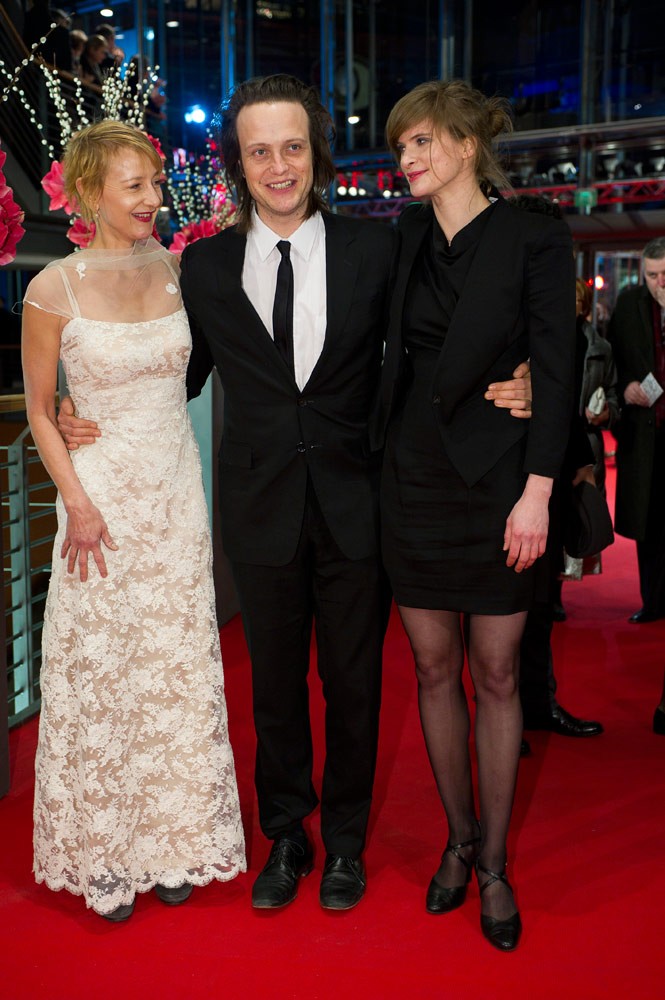
Susanne Lothar, August Diehl, Lena Lauzemis
The actors in the Berlinale Palast before the Award Ceremony.
Wer wenn nicht wir · Competition · Closing Gala · Feb 19, 2011
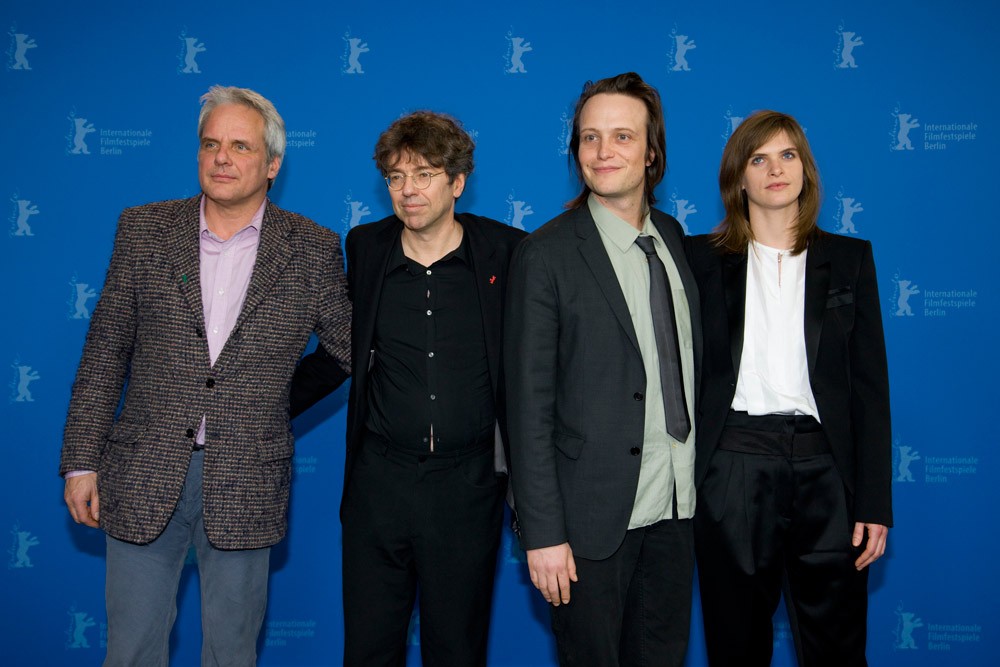
Thomas Kufus, Andre Veiel, August Diehl, Lena Lauzemis
The producer, the director and the two actors at the Photo Call.
Wer wenn nicht wir · Competition · Feb 17, 2011
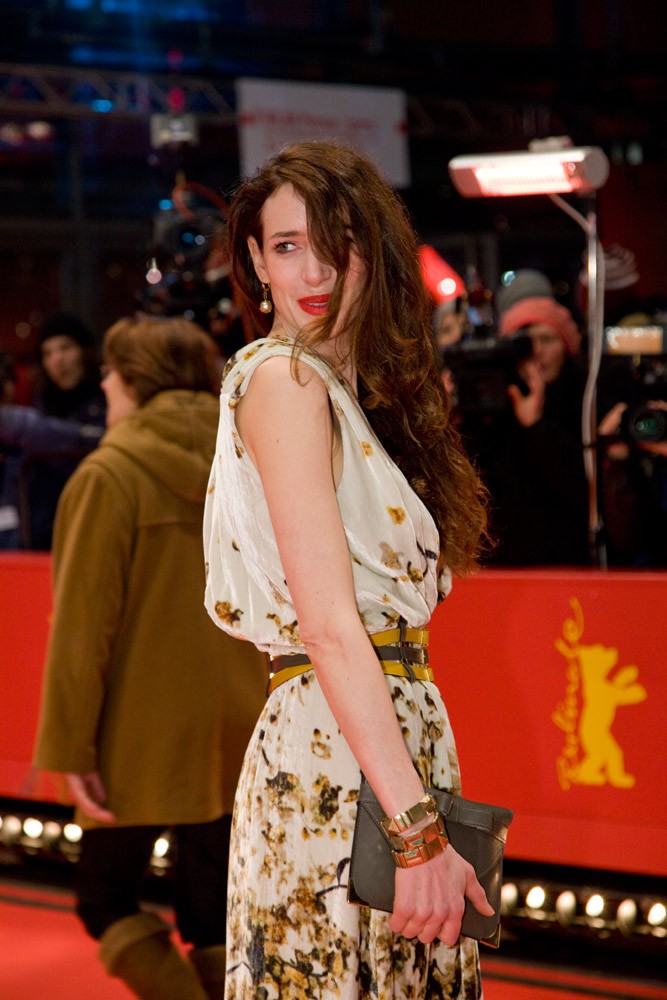
Julia Malik
The actress and wife of August Diehl on the Red Carpet.
Wer wenn nicht wir · Competition · Berlinale Palast · Feb 17, 2011
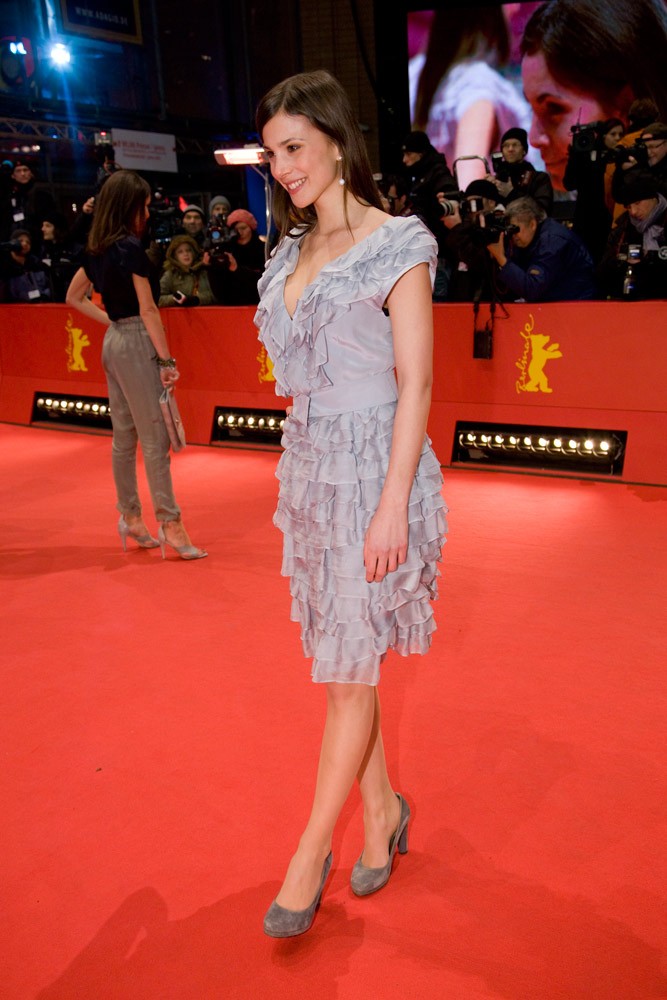
Aylin Tezel
The actress of the Comeptition film Almanya on the Red Carpet.
Wer wenn nicht wir · Competition · Berlinale Palast · Feb 17, 2011
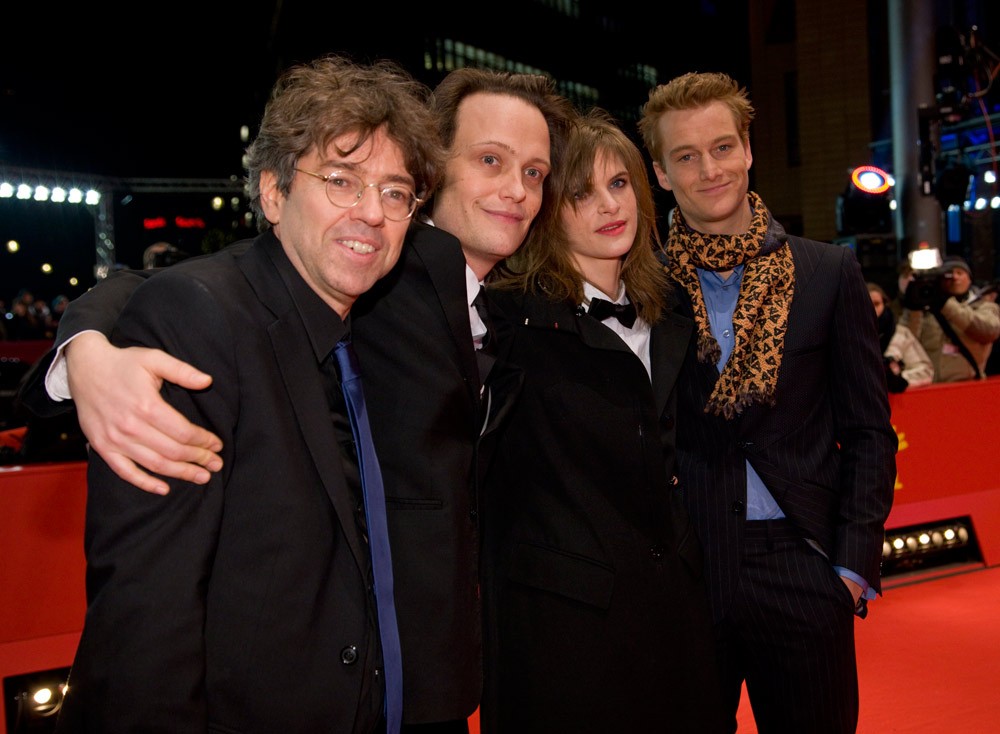
Andres Veiel, August Diehl, Lena Lauzemis, Alexander Fehling
The filmteam before the premiere on the Red Carpet.
Wer wenn nicht wir · Competition · Feb 17, 2011

Lena Lauzemis, August Diehl, Susanne Lothar
The actors in the Berlinale Palast.
Wer wenn nicht wir · Competition · Berlinale Palast · Feb 17, 2011
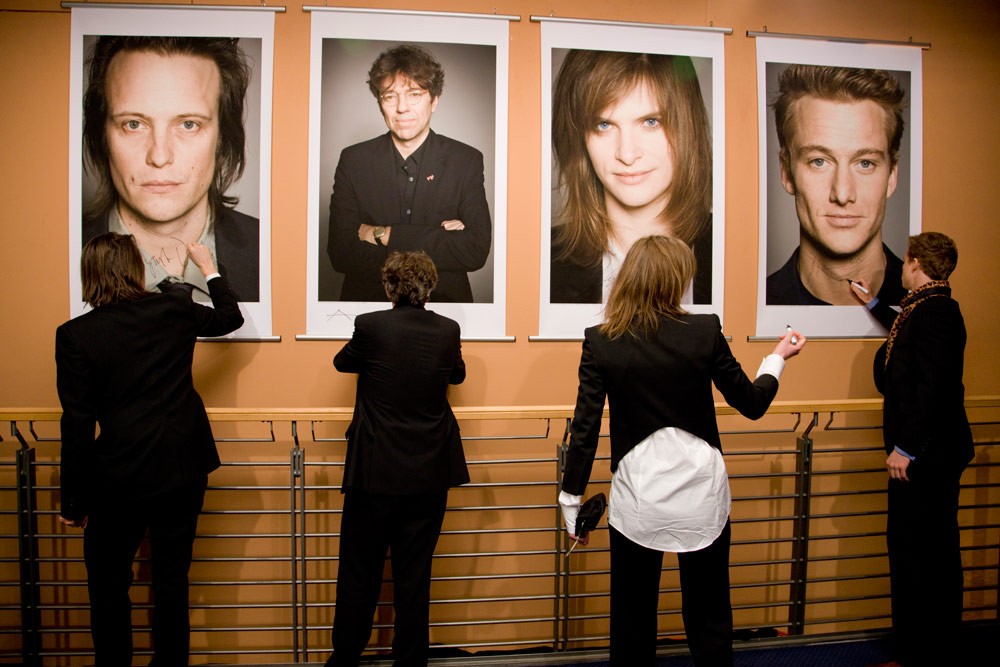
August Diehl, Andres Veiel, Lena Lauzemis, Alexander Fehling
Task work - the actors signing their Star Portraits in the Berlinale Palast.
Wer wenn nicht wir · Competition · Berlinale Palast · Feb 17, 2011
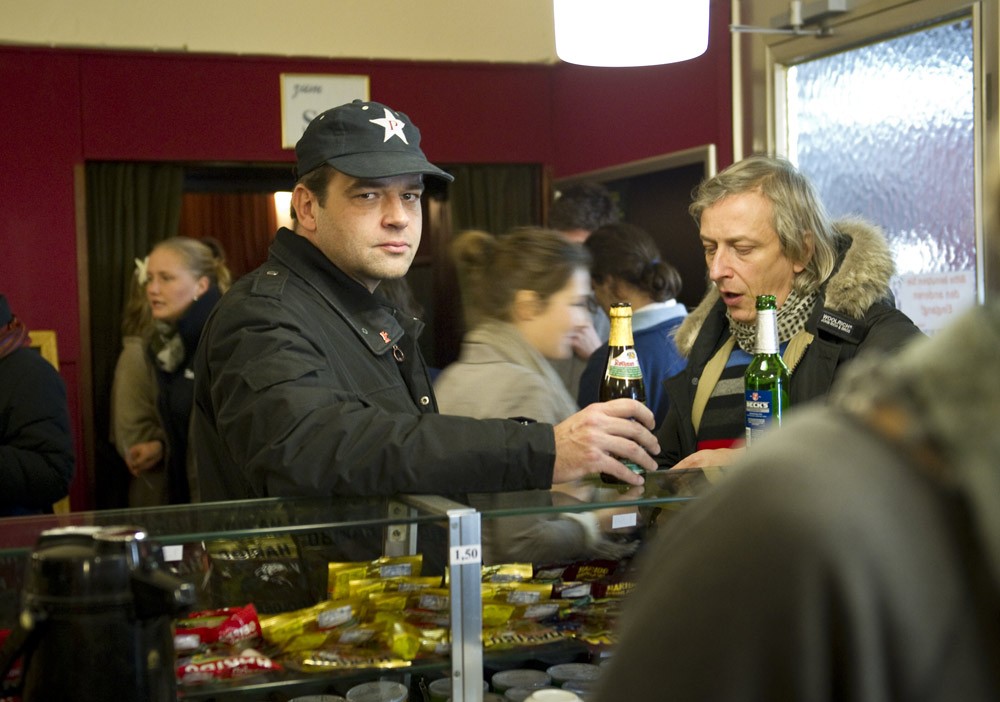
Marc Rothemund
The cinema host of the evening.
Wer wenn nicht wir · Berlinale Goes Kiez · Feb 18, 2011
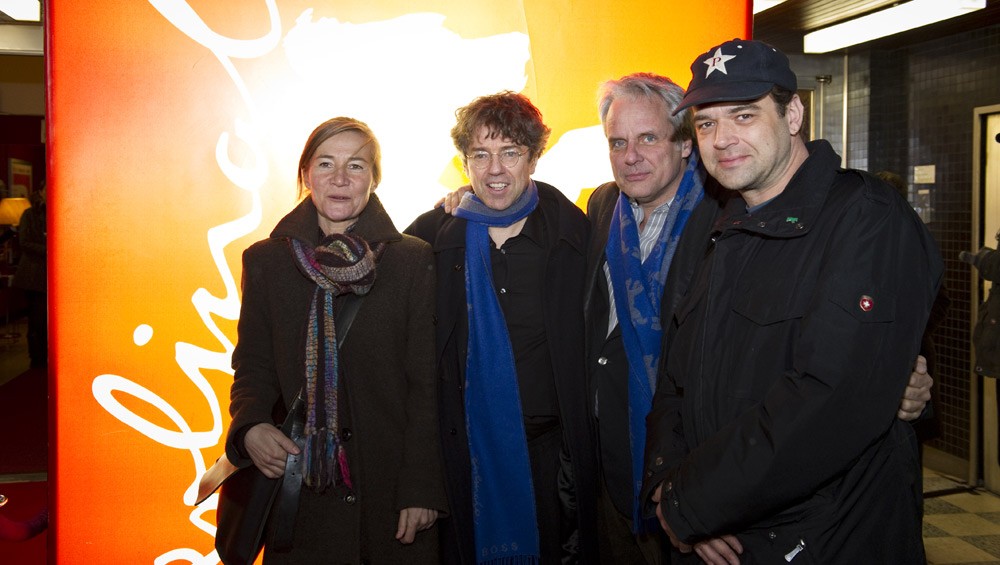
Judith Kaufmann, Andres Veiel, Thomas Kufus, Marc Rothemund
The cinematographer, the director, the producer and the cinema host of the evening.
Wer wenn nicht wir · Berlinale Goes Kiez · Feb 18, 2011
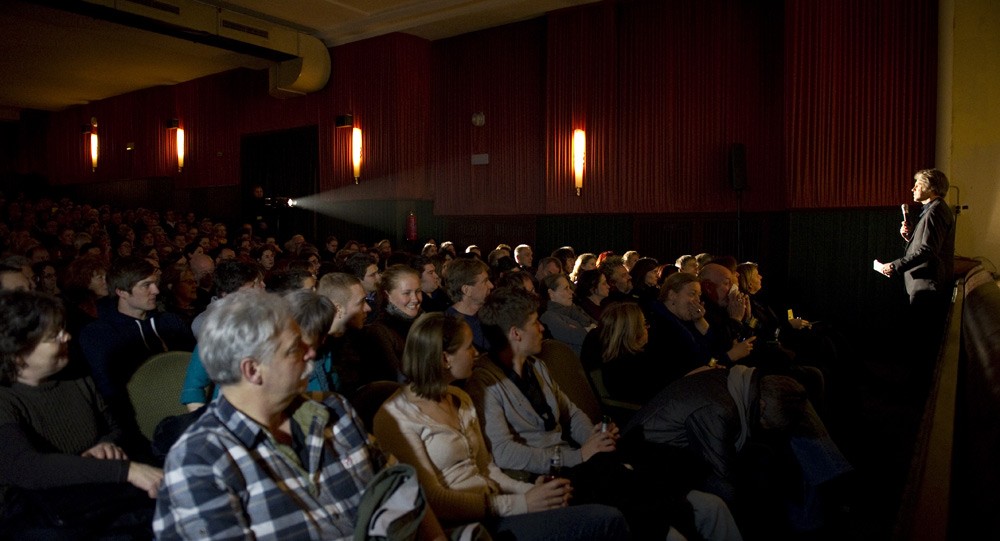
Eva Lichtspiele
A view into the auditorium of the last station of the Flying Red Carpet.
Wer wenn nicht wir · Berlinale Goes Kiez · Feb 18, 2011
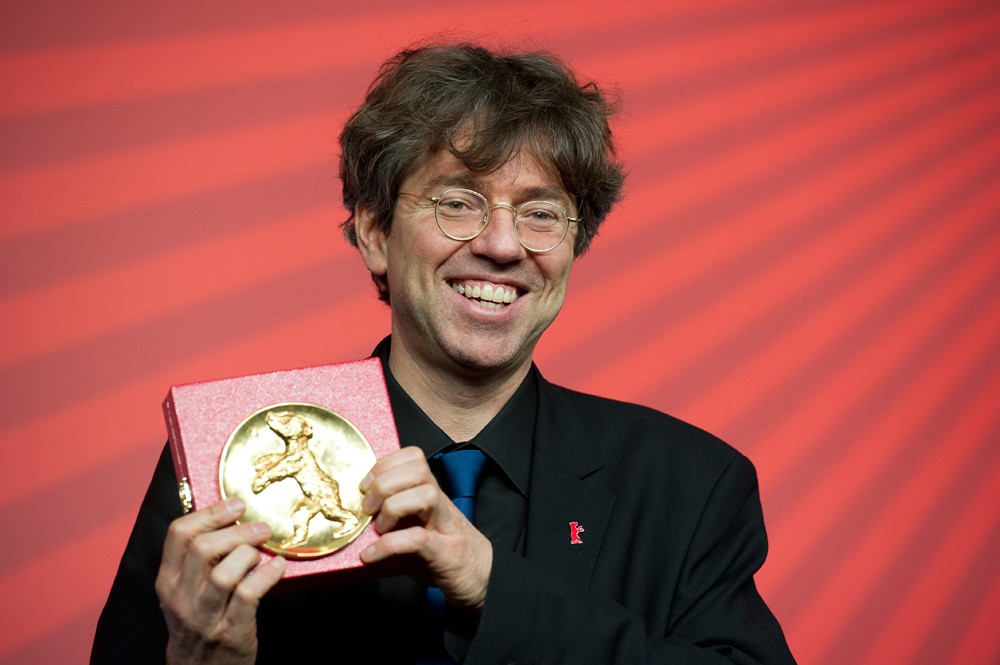
Andres Veiel
The Alfred Bauer Prize went to the German director.
Wer wenn nicht wir · Competition · Alfred-Bauer-Prize · Feb 19, 2011
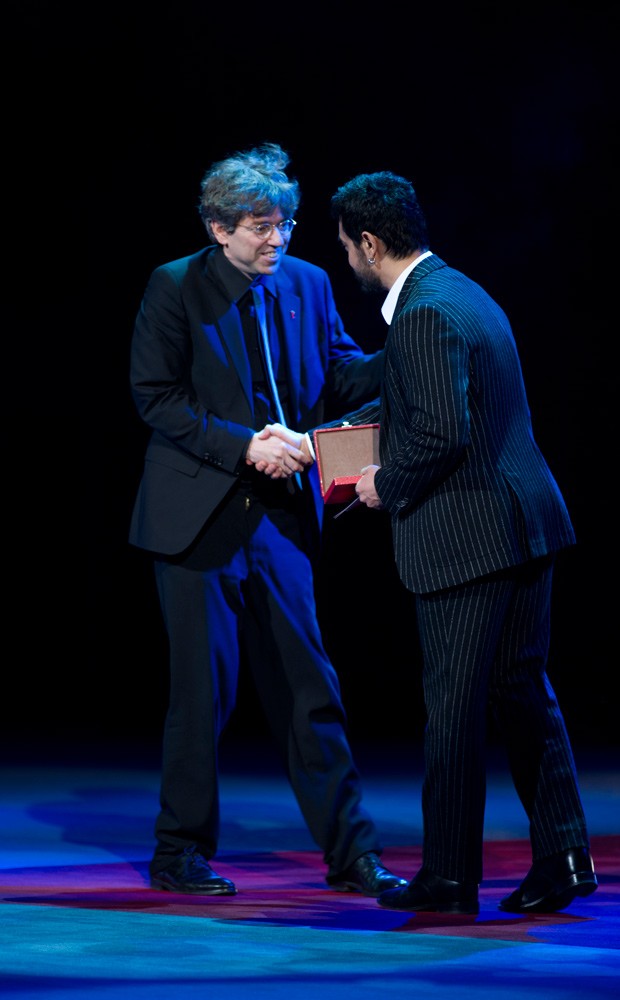
Andres Veiel, Aamir Khan
The member of the International Jury handed the prize over to the German director.
Wer wenn nicht wir · Competition · Alfred-Bauer-Prize · Feb 19, 2011
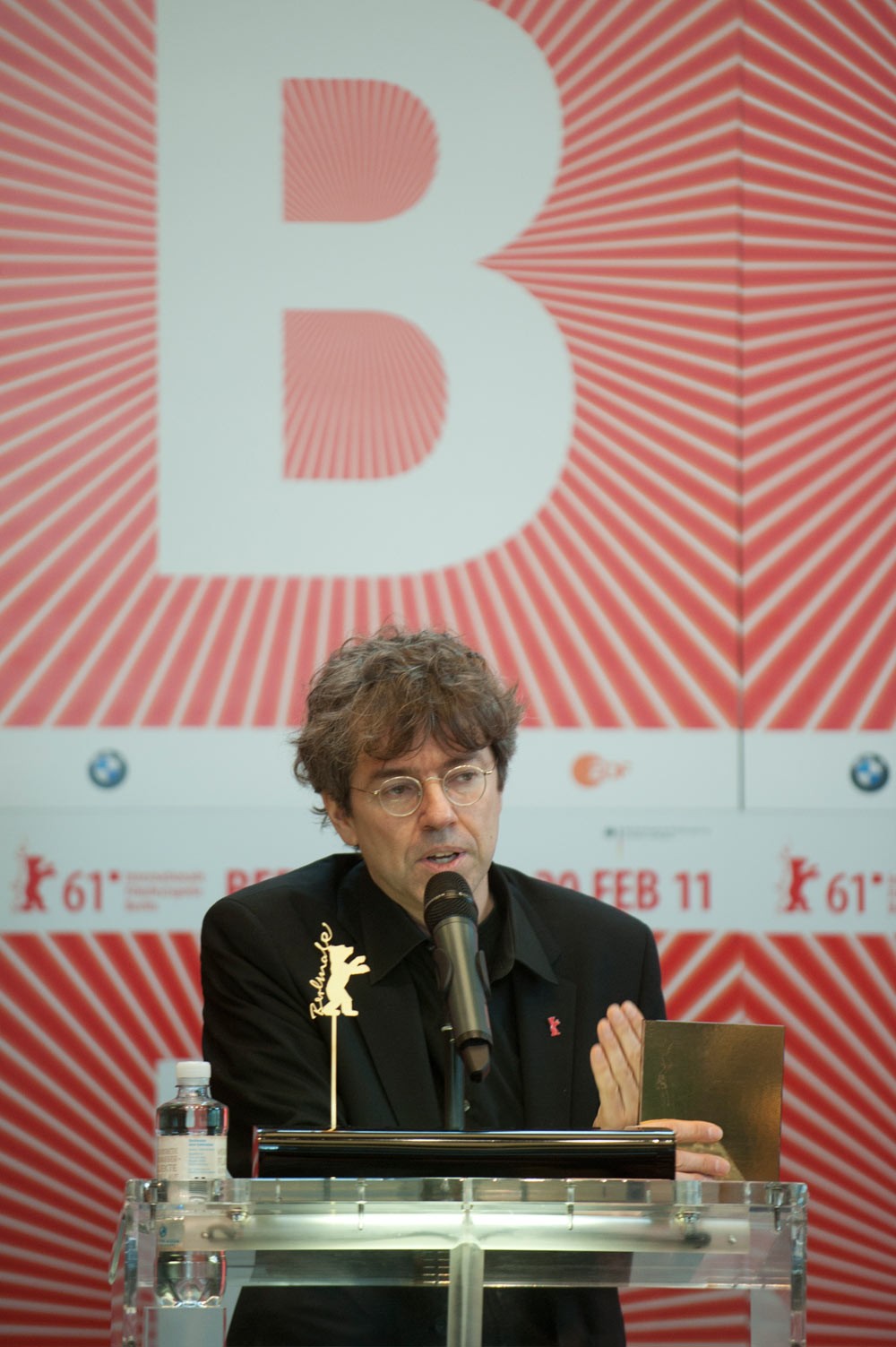
Andres Veiel
The director recieved the Prize of the Guild of German Art House Cinemas.
Wer wenn nicht wir · Competition · Prizes of the Independent Juries · Feb 19, 2011
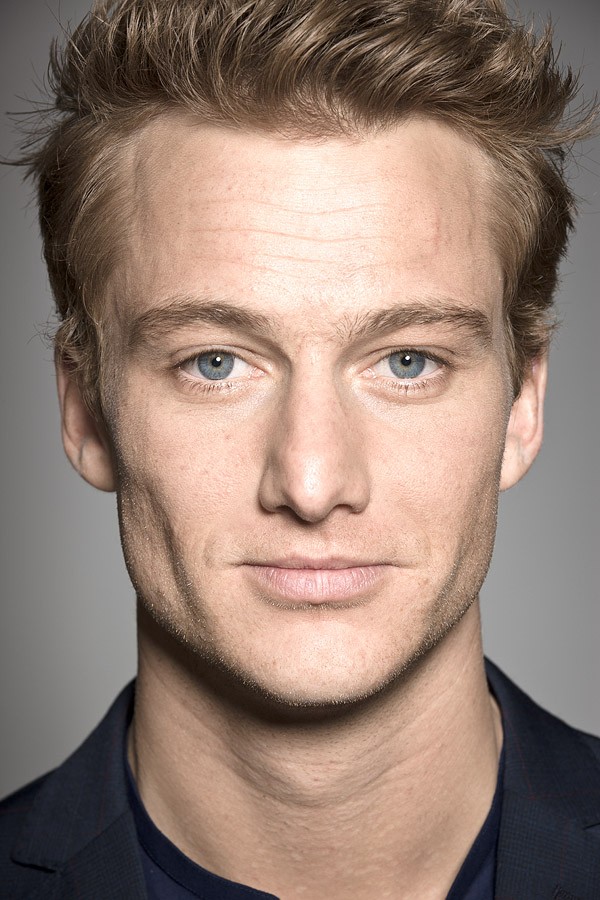
Alexander Fehling
Wer wenn nicht wir · Competition · Feb 12, 2011
© Gerhard Kassner / Berlinale
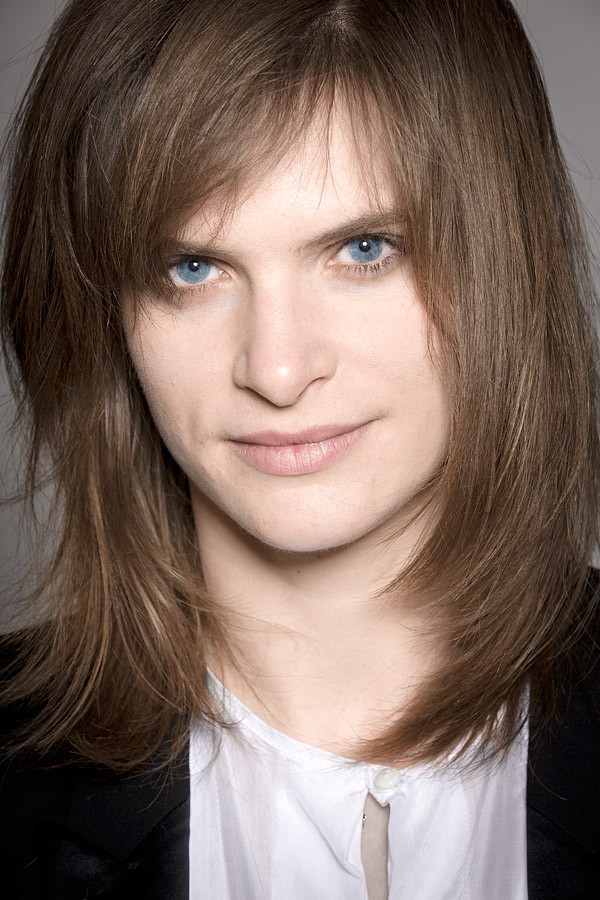
Lena Lauzemis
Wer wenn nicht wir · Competition · Feb 17, 2011
© Gerhard Kassner / Berlinale
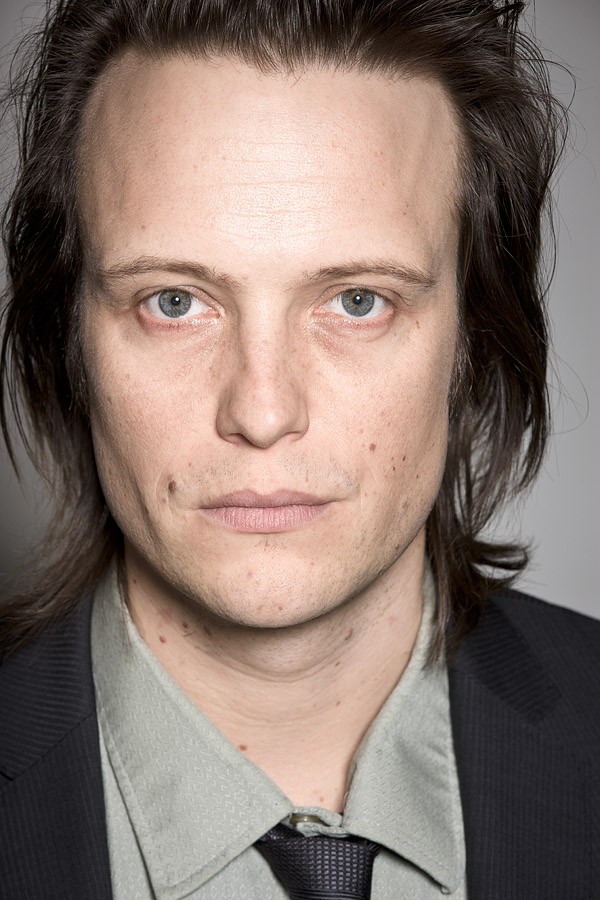
August Diehl
Wer wenn nicht wir · Competition · Feb 17, 2011
© Gerhard Kassner / Berlinale
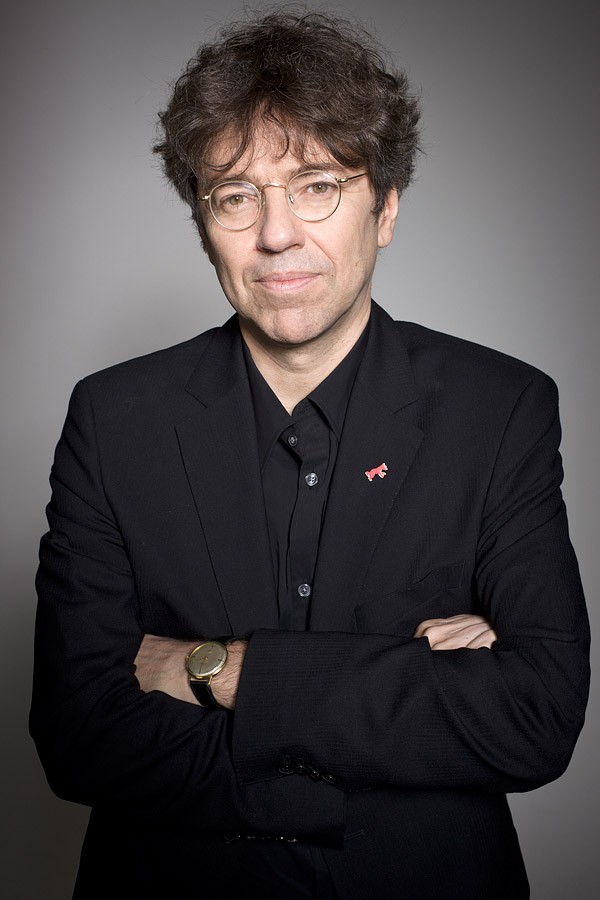
Andres Veiel
Wer wenn nicht wir · Competition · Feb 17, 2011
© Gerhard Kassner / Berlinale
Andres Veiel (Director), Lena Lauzemis (Actress), August Diehl (Actor), Thomas Kufus (Producer), Josef Schnelle (Moderation)
Wer wenn nicht wir | If Not Us, Who
Competition · Press Conference · Feb 17, 2011
Andres Veiel (Director), Lena Lauzemis (Actress), August Diehl (Actor), Thomas Kufus (Producer)
Wer wenn nicht wir | If Not Us, Who
Competition · Red Carpet · Feb 17, 2011
